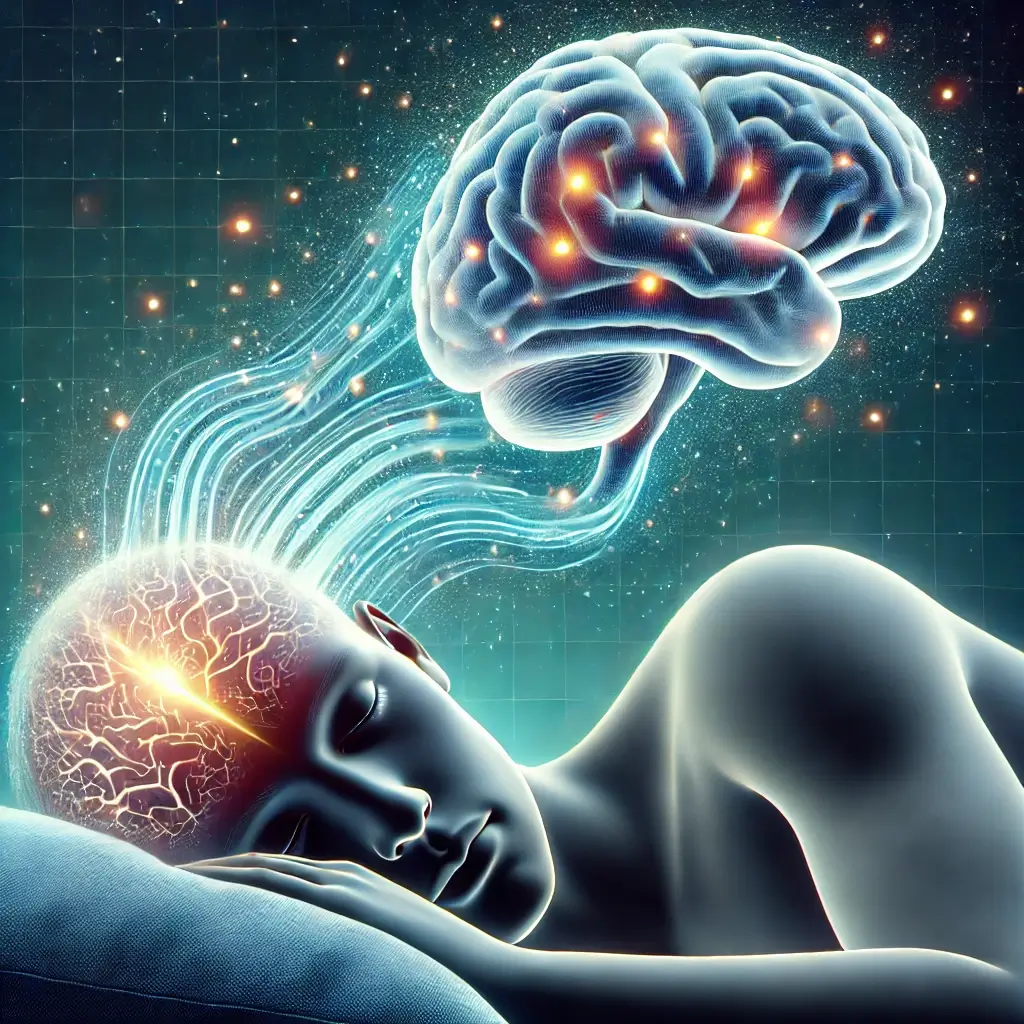Diabetes and Sleep – How Lack of Sleep Affects Your Body
The connection between a lack of nightly sleep and Type II Diabetes has long been known, but a new study shows that sleep deprivation may also raise the levels of free fatty acids. This substance reduces the body’s sensitivity to insulin and impairs its ability to metabolize fat.
Consequently, it’s not shocking that many diabetics also suffer from insomnia. Lack of sleep might also bring on the pre-diabetic condition.
Sleep Deprivation can Harm your Appetite
A high blood sugar level at midnight may cause a person to wake up several times throughout the night, causing frequent trips to the bathroom. This can disrupt sleep and cause headaches, increased thirst, or tiredness. If blood sugar levels are consistently high at night, an adjustment to insulin or other medications may be necessary.
In addition, a continuous glucose monitor will help track overnight blood sugar trends and keep the patient safer while sleeping. Although, you have to keep in mind that if you eat immediately after a high blood sugar episode, your blood sugar levels may surge and keep you from getting a good night’s rest.
Sleep deprivation can also harm your appetite. It raises ghrelin levels, the hormone that makes you hungry, and decreases leptin levels, making you feel full. As a result, those who don’t get enough rest are more likely to reach for unhealthy foods, causing them to gain weight.
Sleep and Insulin Resistance
This dangerously increases the risk of type 2 diabetes. Additionally, poor sleep can make it more difficult for a person to adhere to diabetes self-care standards, such as exercising and closely monitoring their blood glucose levels.
Even though there isn’t a direct link between not getting enough sleep and diabetes, sleep is a very important part of how hormones work in the body. For example, insulin is a key part of controlling how much sugar is in the blood, but not getting a sufficient amount of sleep can also lead to insulin resistance.
Insulin resistance is when the cells in the body stop using insulin as well as they should. Ultimately, it ends up in high blood sugar. So in the case of diabetes, a lack of sleep may cause the condition.
Sleep Apnea and Neuropathy
Diabetes and sleep are interconnected. High blood sugar levels can interrupt sleep and cause leg pain. If you suffer from type 2 diabetes, your blood sugar levels may be too low or too high. Sleep apnea and neuropathy are two common conditions associated with diabetes. Even worse, depression and stress over diabetes can keep you from falling asleep. So, it’s crucial to take care of these two factors.
Lack of Sleep Increases Blood Sugar Levels
Diabetes and nighttime sleep have a complicated relationship, but you shouldn’t ignore the link between your overall health and your daily blood sugar levels. Studies show that the lack of sleep increases blood sugar levels and aggravates diabetic problems.
Furthermore, higher blood sugar levels mean less fat metabolism at night. A lack of sleep can also increase your risk of developing type 2 diabetes and several other health complications. With so many things to worry about, you’d be wise to find some ways to get a good night’s sleep.













